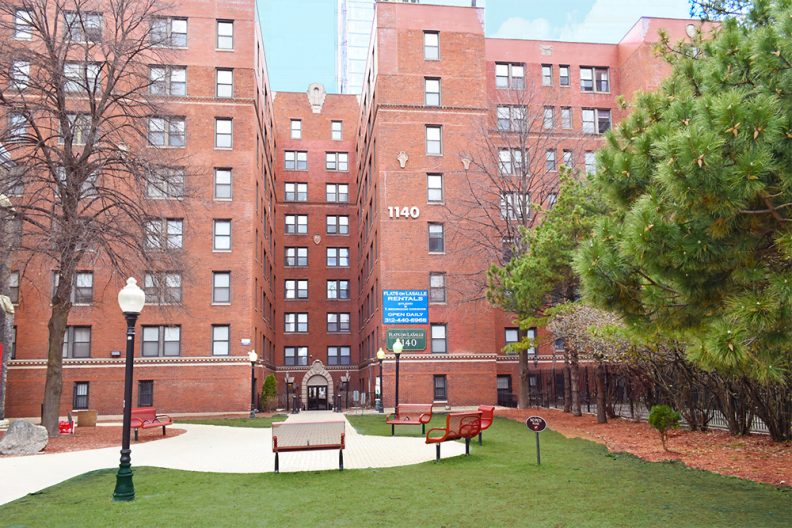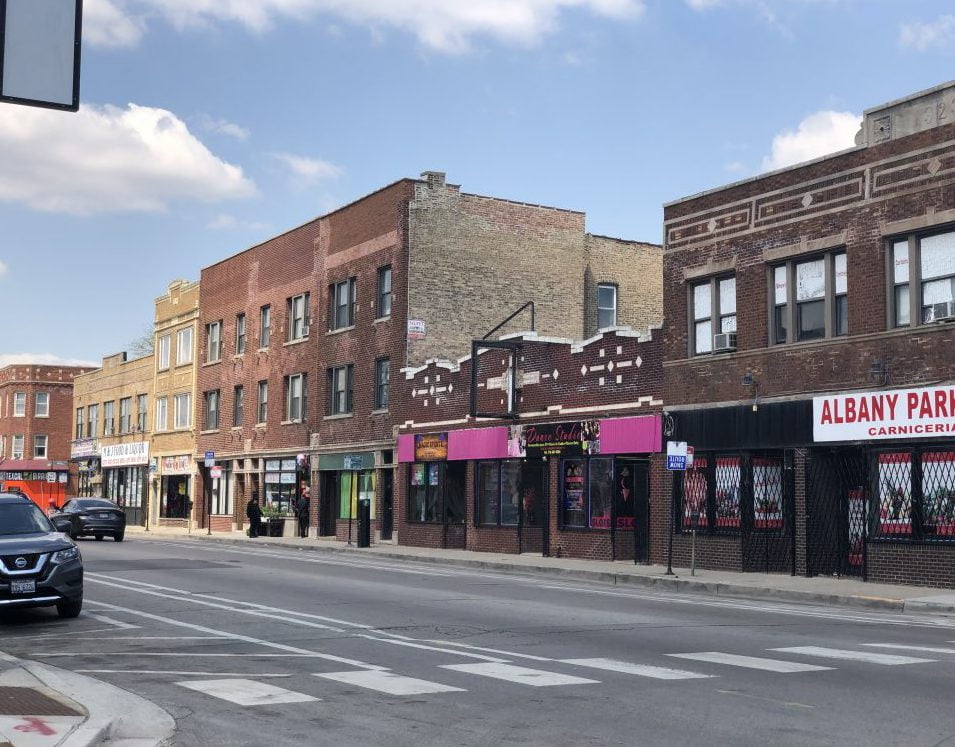06.26.19
Condo Deconversion: Just a trend or here to stay?

Let’s first define “Condo Deconversion”. A condominium deconversion is a bulk sale and process by which all units in a condominium building are sold in one transaction to a real estate investor who will then turn the property into apartments. This sale type has become prevalent in the Chicagoland area and is prevalent in Florida as well, primarily due to a large existing stock of condominiums (many of which were converted from apartments to condominiums in the early 2000s), as well as state laws that are permissive.
To understand why condominium deconversions are happening in Chicago, we need to understand a bit of the past. In the 80s and 90s, condominium conversions were done opportunistically and infrequently, as it required just the right apartment building in the right location and at the right price to make the deal work. As the real estate market went into a bubble in the mid-2000s and condo prices skyrocketed, a massive amount of vintage buildings in Chicago were converted to condominiums as the margin to be gained was huge. Post-crash Chicago has seen its rental market boom while condominium values lag behind, and buildings are now worth more as apartments than condominiums.
As a perfect example, we currently have a 64-unit condominium building in escrow. Our firm sold this property in 1998 and in 2000 as apartments and again in 2006 to a converter who turned the units into condominiums. Now, we are selling it as a deconversion to be turned back into apartments.
Investors are drawn to deconversions for a few important reasons
- Buildings that were converted before the mid-2000s tend to have dated unit finishes and amenity spaces, making them great value-add opportunities.
- Buildings that were converted just before the crash tend to have less value-add opportunity, but are a source of inventory that did not exist prior.
- The building that I used in the example above is in an upcoming and appreciating neighborhood in Chicago, and the chance to buy a vintage building of that size does not come along frequently. Deconversions can create inventory in areas of low supply.
Deconversions happen in small buildings, big buildings, hot neighborhoods, and not-so-hot neighborhoods. The one common thread is that the buildings are almost always vintage or mid-century buildings since newer construction condominiums typically hold their values enough that they are too expensive to turn into apartments.
Kiser Group’s recent deconversion transactions are great examples of different types of condo buildings that are appealing to deconversion investors:
- 1140 N LaSalle St: 250 units, vintage high rise in the Near North Side. Closed in December of 2018.
- 512 W Wrightwood: 20 units, mid-century walk up in Lincoln Park. Closed in December of 2018.
- A 64-unit property in Uptown, vintage courtyard building. Currently In escrow.
- A 26-unit property in Oak Park, vintage walk-up. Currently in escrow.
- A 56-unit property in Oak Park, mid-rise built in 1971. Currently in attorney review.
Investors, condo owners and board members alike frequently ask me when the deconversion trend will end.
I believe it is a permanent part of the Chicagoland multifamily landscape. The shifting balance between apartment values and condo values will dictate the frequency of deconversions, but the appreciation potential for the majority of low-priced condominiums is very limited. In addition, there will always be condominium properties that fall so far behind on their maintenance that a deconversion becomes the only viable exit option for current owners.
For further reading on the trend, I suggest the below articles:
- The condominium conversion-deconversion pendulum
- What Members of Every HOA Should Know About Condo Deconversions
- Grenade in the Lobby: What to do when your condo association receives an unsolicited offer for a condo deconversion
Deconversions can be great opportunities for investors and current condo owners alike, but they are specialized transactions and have many nuances. An experienced broker can guide buyers and sellers through the process to help ensure a positive outcome.
If you are a condo owner, learn more about the condo deconversion process at https://www.kisergroup.com/project/condo-deconversion/.
